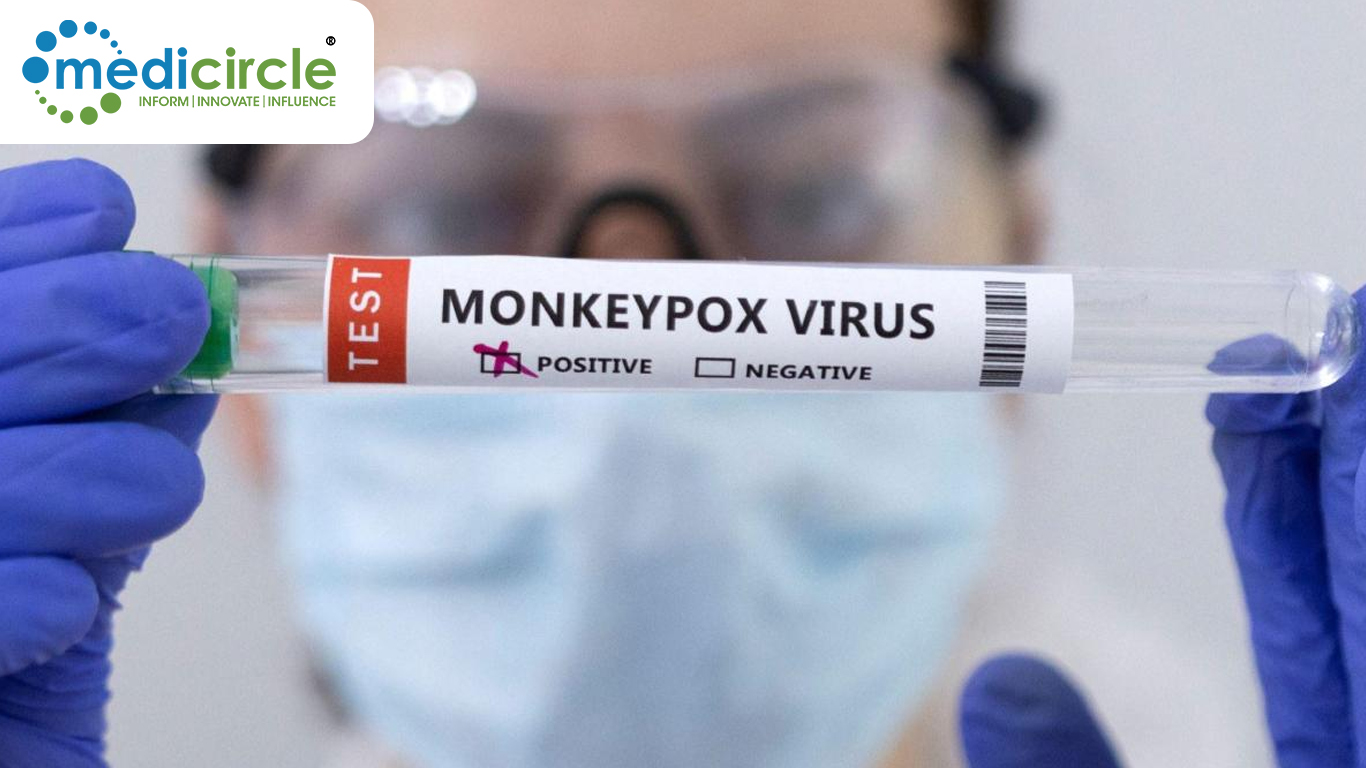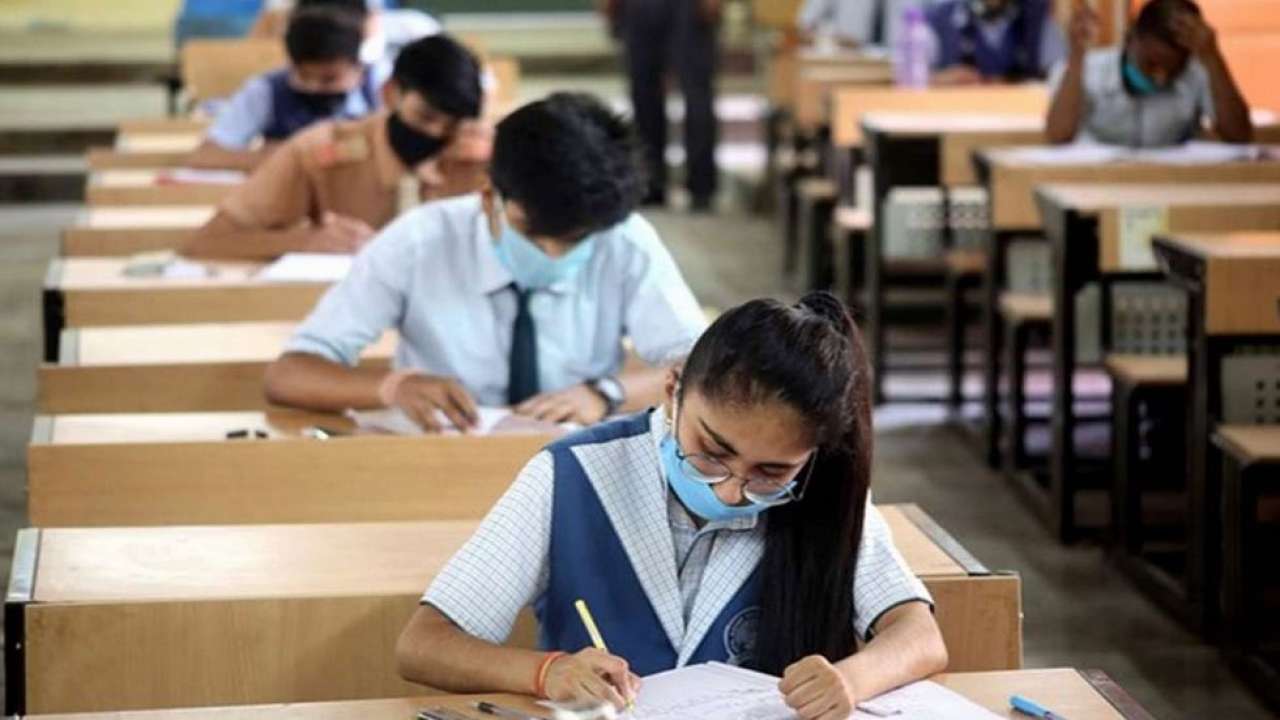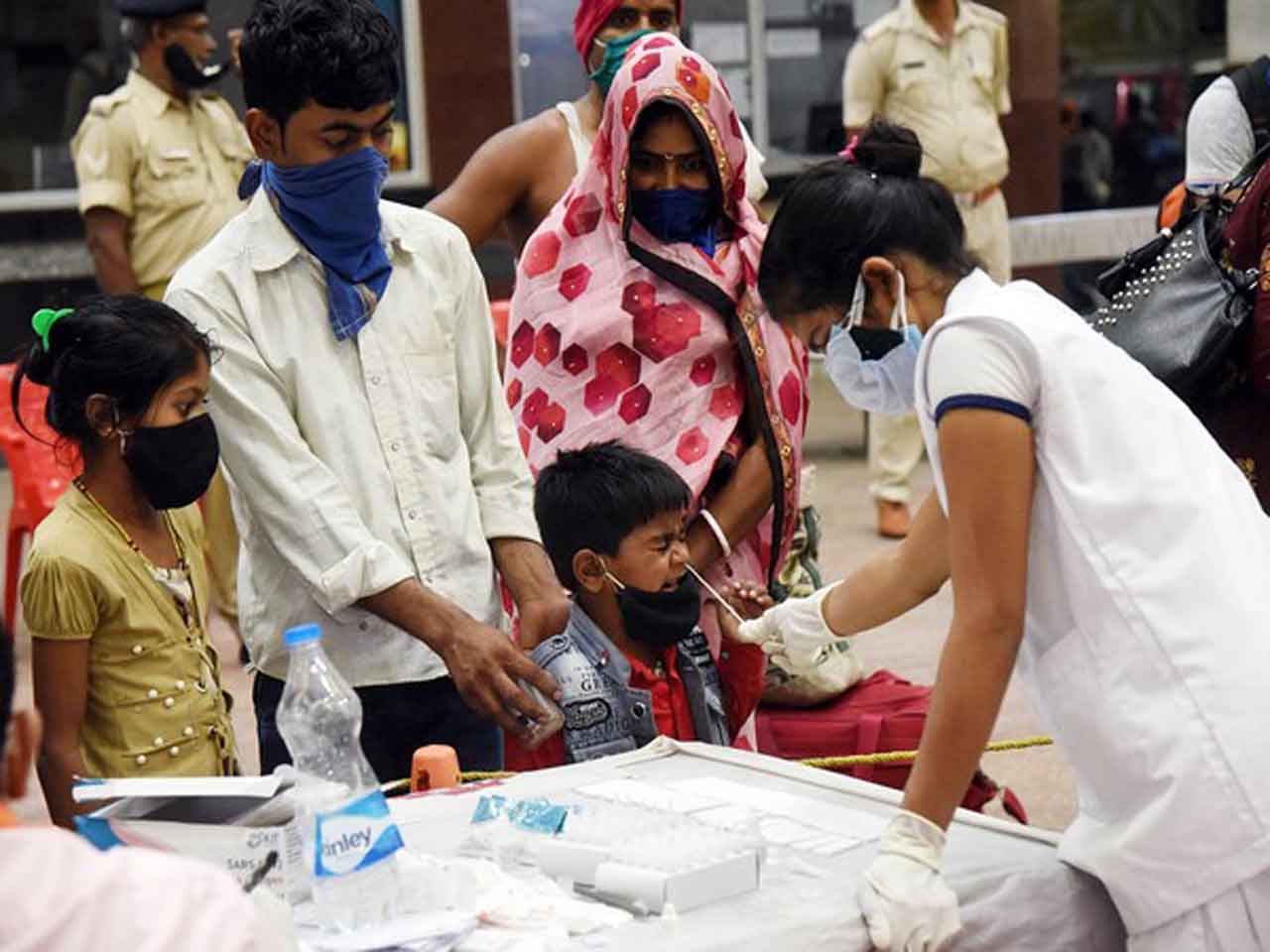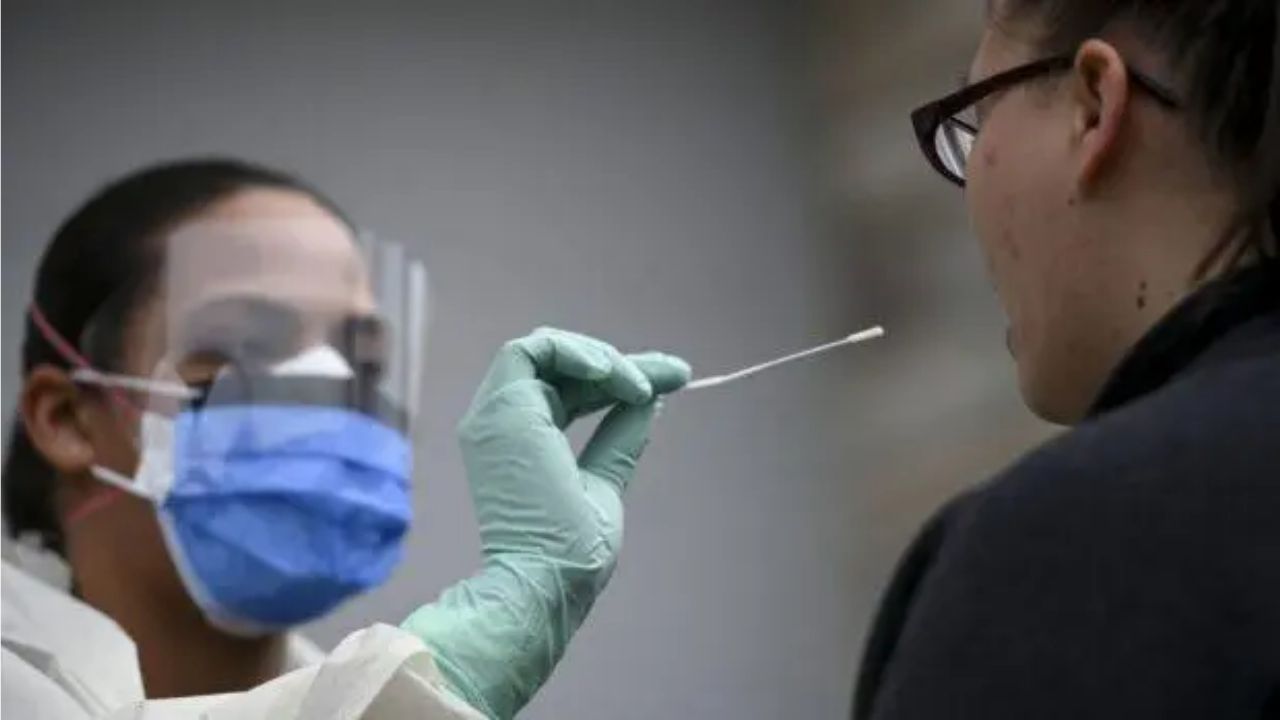Anew variant of SARS-CoV-2, the virus which causes Covid-19, has been detected in South Africa and many other countries globally which could be more transmissible and evade protection provided by vaccines, according to a study.
Scientists from National Institute for Communicable Diseases (NICD) and the KwaZulu-Natal Research Innovation and Sequencing Platform (KRISP) in South Africa said the potential variant of interest, C.1.2, was first detected in the country in May this year.
C.1.2 has since been found in China, the Democratic Republic of the Congo, Mauritius, England, New Zealand, Portugal and Switzerland as of August 13, they said.
MORE MUTATIONS THAN OTHER VARIANTS
According to the yet-to-be peer-reviewed study posted on the preprint repository MedRxiv on August 24, C.1.2 has mutated substantially compared to C.1, one of the lineages which dominated the SARS-CoV-2 infections in the first wave in South Africa.
The new variant has more mutations than other variants of concern (VOCs) or variants of interest (VOIs) detected worldwide so far, the researchers said.
They noted that the number of available sequences of C.1.2 may be an underrepresentation of the spread and frequency of the variant in South Africa and around the world.
The study found consistent increases in the number of C.1.2 genomes in South Africa each month, rising from 0.2 per cent of genomes sequenced in May to 1.6 per cent in June and then to 2 per cent in July.
"This is similar to the increases seen with the Beta and Delta variants in the country during early detection," the authors of the study said.
According to the study, C.1.2 lineage has a mutation rate of about 41.8 mutations per year, which is about twice as fast as the current global mutation rate of the other variants.
Virologist Upasana Ray noted that the variant is a result of numerous mutations accumulated in C.1.2 line in the spike protein which makes it a lot different than the original virus that was identified in Wuhan, China in 2019.
POTENTIAL TO SPREAD FAST
"It could be more transmissible and has potential to spread fast. Since there are so many mutations in the spike protein, it could result in immune escape and thus a challenge for the vaccination drive worldwide if allowed to spread," Ray from Kolkata's CSIR-Indian Institute of Chemical Biology, told PTI.
"Thus, controlling the transmission step itself by strictly cutting down the spread by following appropriately Covid-19 control measures is absolutely important," Ray, who was not involved in the study, said.
Over half of the C.1.2 sequences have 14 mutations, but additional variations have been noticed in some of the sequences.
"Though these mutations occur in the majority of C.1.2 viruses, there is additional variation within the spike region of this lineage, suggesting ongoing intra-lineage evolution," the authors of the study noted.
About 52 per cent of the mutations in the spike region of the C.1.2 sequences have previously been seen in other VOCs and VOIs.
ABILITY TO EVADE VACCINE PROTECTION?
The spike protein is used by the SARS-CoV-2 virus to infect and enter human cells, and most vaccines target this region.
The mutations N440K and Y449H, which have been associated with immune escape from certain antibodies, have also been noticed in C.1.2 sequences.
"While these mutations are not characteristic of current VOCs/VOIs, they have been associated with escape from certain class 3 neutralising antibodies," the authors wrote.
They noted that these mutations together with changes in other parts of the virus likely help the virus evade antibodies, and immune response, including in patients who have already developed antibodies for the Alpha or Beta variants.
"While the phenotypic characteristics and epidemiology of C.1.2 are being defined, it is important to highlight this lineage given its concerning constellations of mutations," the authors added.

 A new Covid-19 variant, C.1.2, has been detected in South Africa and some other countries. According to a study, it may be more infectious and evade the protection provided by vaccines.
A new Covid-19 variant, C.1.2, has been detected in South Africa and some other countries. According to a study, it may be more infectious and evade the protection provided by vaccines.






.jpeg)


.jpg)
.jpg)










.jpeg)

.jpeg)










.jpg)




.jpg)

